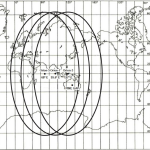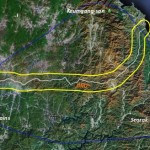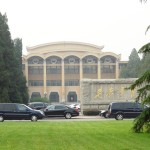
“Perhaps no nation has at the same time both more diverse options for its energy and economic future and the potential to make those options reality than Mongolia.
“It will be up to Mongolian leaders, however, to make the difficult choice of a future direction for the Mongolian energy sector, a choice unique to Mongolia in the potential diversity of directions that are plausible for this sparsely-populated nation with a growing economy and many resources, but not, in general, dissimilar to the choices that many nations now face as they seek more climate-friendly energy paths.”






